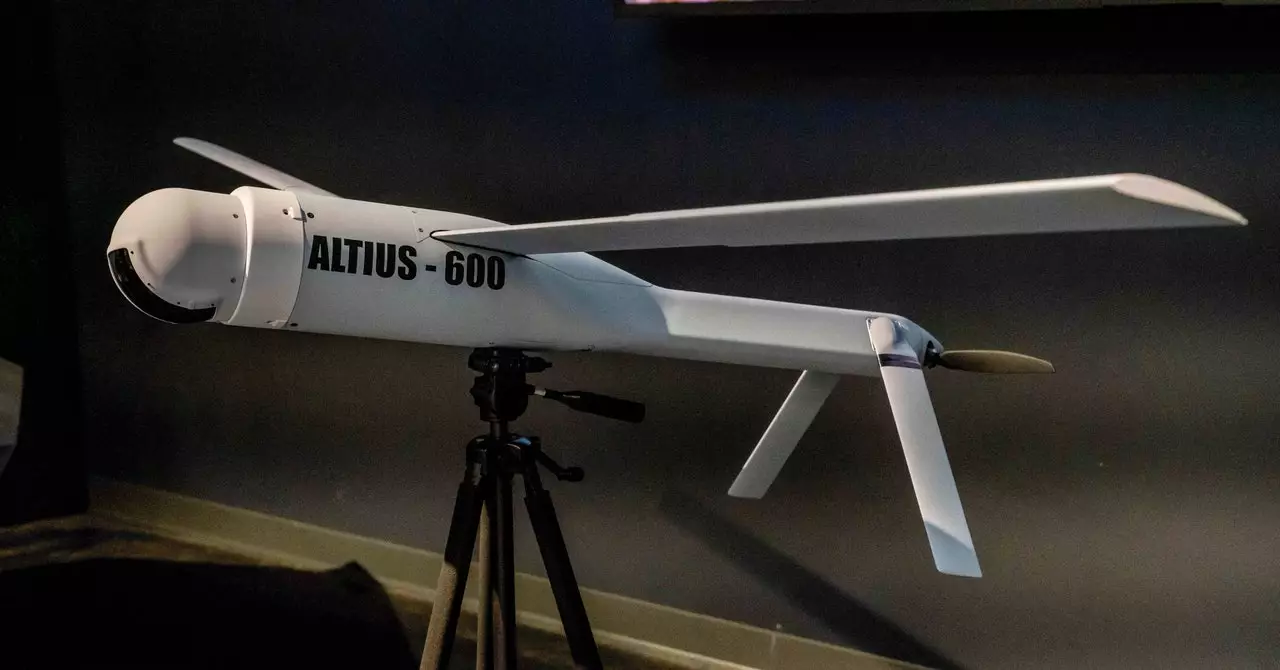In a striking move that underscores the evolving relationship between technology and defense sectors, OpenAI has announced a collaboration with Anduril, a startup with a focus on advanced military technologies, including drones and missile systems. This partnership is notable not only for its implications on future military applications of artificial intelligence but also for its reflection of a broader trend among tech companies in Silicon Valley, which are increasingly willing to cooperate with defense contractors.
OpenAI, renowned for its development of language models like ChatGPT, is keen on ensuring that artificial intelligence serves the greater good. According to Sam Altman, CEO of OpenAI, the prime intent of developing AI is to benefit humanity while promoting democratic values. This sentiment resonates with an ongoing movement in the tech industry to find ethical pathways to integrate technology into national security frameworks.
Anduril’s CEO, Brian Schimpf, emphasized that the partnership aims to harness AI for more effective air defense systems. Such systems require rapid decision-making capabilities, particularly in high-stakes scenarios where human lives and national security are at stake. “Together, we are committed to developing responsible solutions,” Schimpf remarked, suggesting that the emphasis on ethics remains paramount amid military applications.
The integration of OpenAI’s models into Anduril’s defense systems is planned as a means to enhance drone surveillance and threat assessment. A former OpenAI employee highlighted that OpenAI’s advancements could enable the military to better identify potential drone threats faster and more accurately, thus aiding operatives in making informed decisions in dangerous environments. This raises critical questions about the ethical implications of deploying AI systems in military contexts and the responsibilities that accompany such technologies.
AI’s role in the defense sector is evolving rapidly. While technologies are designed to complement human intelligence, the extent of reliance on AI-driven systems poses challenges. Critics within the tech community have argued for caution, especially concerning AI’s unpredictability and the potential risk of autonomous systems operating without sufficient human oversight.
Historically, many tech professionals have expressed reluctance to engage with military projects. A notable instance occurred in 2018 when employees at Google protested the company’s involvement in Project Maven, which aimed to facilitate the Pentagon’s use of AI for drone analysis. The backlash contributed to Google’s withdrawal from such projects, illustrating the tension within the tech space regarding military partnerships.
Fast forward to 2023, and we see a notable paradigm shift as companies like OpenAI openly engage with defense initiatives. While some employees at OpenAI reportedly voiced dissent over the new military-oriented policies, the absence of widespread protests marks a significant change in the cultural dynamics of tech firms. This transition prompts reflections on how professional and ethical responsibilities are navigated when aligning profit motives with national security imperatives.
Anduril’s advanced air defense systems leverage AI to facilitate a coordinated operation of drones, using natural language processing to translate complex commands into actionable tasks. Until now, Anduril relied on open-source models for development, but this partnership signifies a strategic pivot toward integrating proprietary AI technologies. As the lines between defense and technology continue to blur, challenges loom regarding the autonomy of these systems and their operational implications.
As military applications of AI develop, questions regarding accountability, transparency, and ethical deployment will come to the forefront. The potential for AI to revolutionize military operations is evident, yet its appropriate use remains a topic ripe for discussion and debate within both the tech and defense communities. The collaboration between OpenAI and Anduril could serve as a case study in engineering responsible AI solutions, posing an urgent call for ethical guidelines and a re-examination of the foundational principles guiding AI development in sensitive areas.
The partnership between OpenAI and Anduril embodies a significant juncture in the relationship between advanced technology and national defense. Acknowledging the complexities and ethical implications of this collaboration is crucial as society navigates an era where AI increasingly influences military strategies. The continuing dialogue around these developments will shape the future of both industries and their impact on democratic values and human safety.

